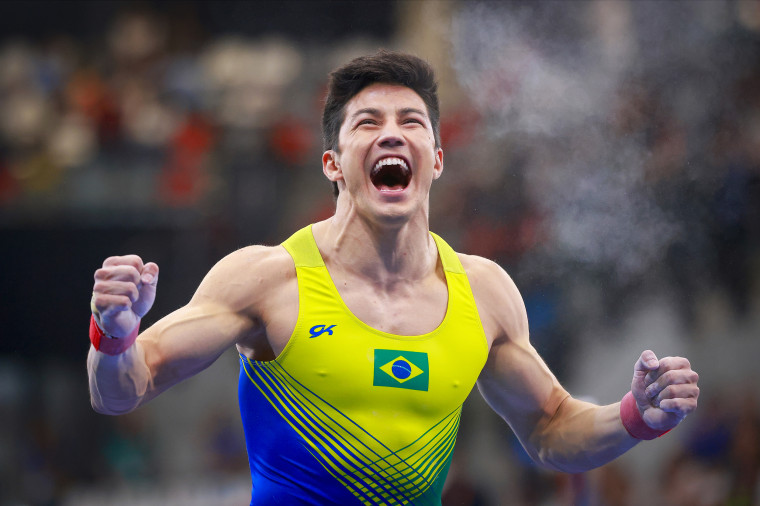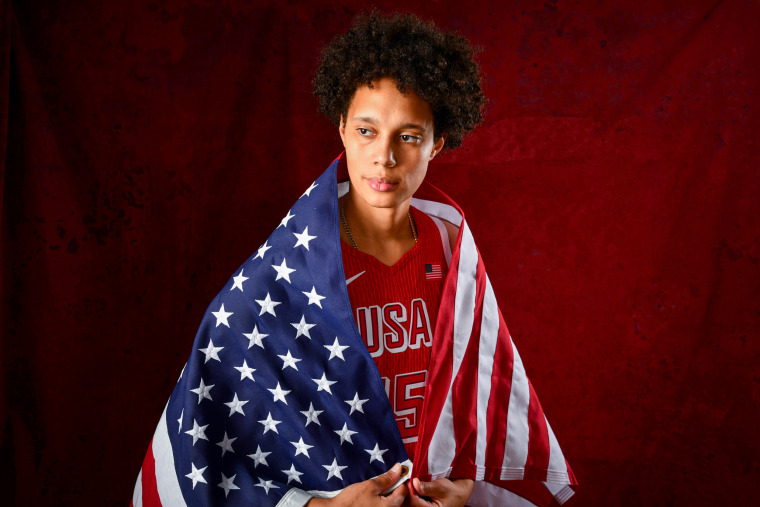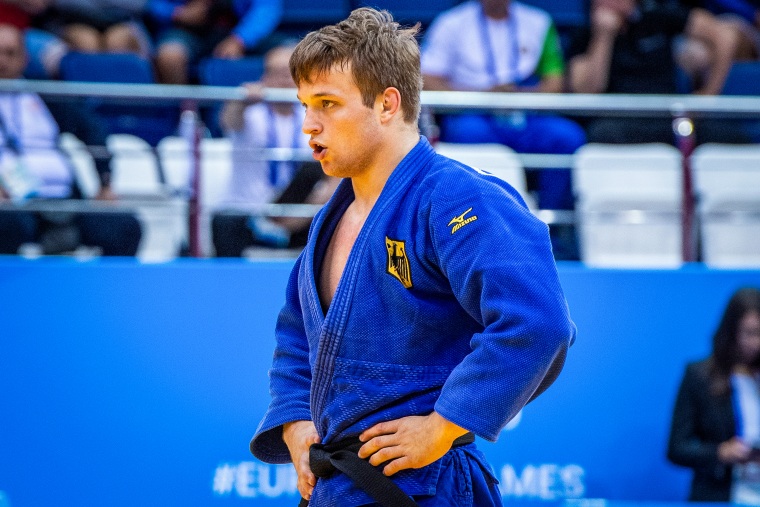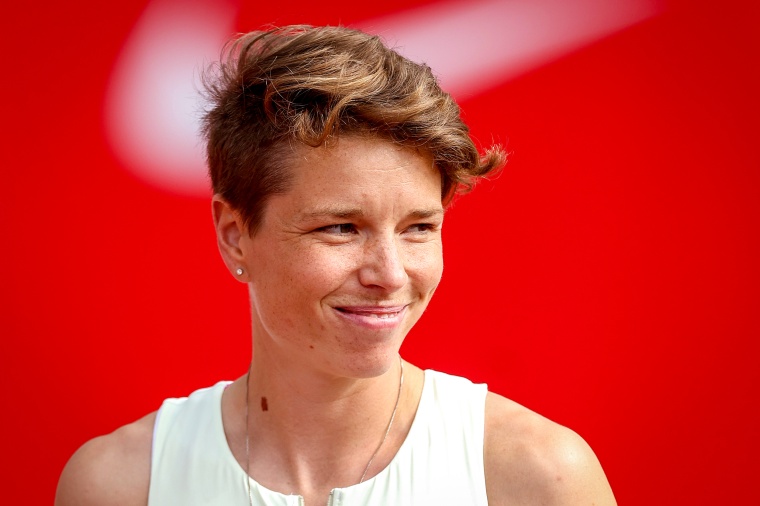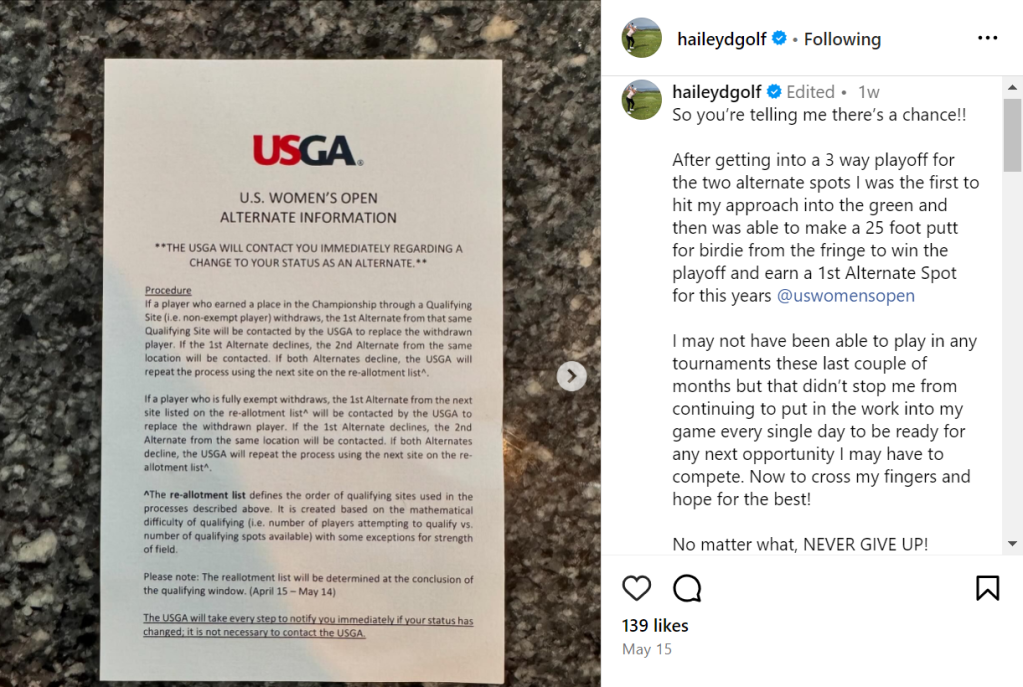Rafael McDonnell sometimes gets to address the staff of his beloved Texas Rangers on issues of diversity and inclusion through his role with the Resource Center, one of the leading LGBTQ organizations in the Dallas area.
For several years, the Rangers have been the only Major League Baseball team without a Pride Night. When questioned about it, Texas has cited its work with the Resource Center, among other organizations.
As Pride Month — the June celebration of LGBTQ culture and rights — comes and goes again without the Rangers participating, McDonnell tried to explain the connection between his group and the team he has loved and watched for the better part of 50 years.
“It’s a complicated relationship,” McDonnell said. “As someone who grew up watching the Rangers, as someone who has gone to games since the 1970s, some of my biggest and best memories are going to games at the old Arlington Stadium with my late grandfather and listening to games on the radio in his backyard.
“It pains me that this remains an issue (after) all these years.”
Painful enough, McDonnell said, that he considered not attending the parade with his boyfriend when the Rangers celebrated their first World Series championship last fall. Ultimately, he decided to go.
McDonnell, the communications and advocacy manager for the Resource Center, says the Rangers invited his group to help them develop a policy of inclusion about five years ago.
The team has sent employees to volunteer for programs in an organization that grew out of the AIDS crisis in the 1980s and advocates for marriage equality and transgender rights.
While he has continuing conversations with members of the Rangers staff, McDonnell says he doesn’t recall any since the five-game victory over the Arizona Diamondbacks in last year’s Fall Classic.
“For a long time, I’ve thought that it might be somebody very high up in the organization who is opposed to this for some reason that is not clearly articulated,” McDonnell said. “To say that the Rangers aren’t doing anything for the community, well, they have. But the hill that they are choosing to stake themselves out on is no Pride Night.”
Several years ago, MLB diversity officer Billy Bean, who came out as gay after a six-year playing career, said he believed a Pride Night eventually would come to Globe Life Field, the Rangers’ retractable roof home that will host next month’s All-Star Game. MLB did not have comment when asked last week about the Rangers’ Pride Night status.
McDonnell and DeeJay Johannessen — chief executive of the HELP Center, an LGBTQ organization based in Tarrant County, where the Rangers play — also say they believe the Rangers some day will join the rest of MLB with a Pride Night.
At the same time, McDonnell and Johannessen say the catalyst for change might have to be new ownership. Johannessen said he hasn’t requested to speak with majority owner Ray C. Davis to discuss Pride.
“I have not because, quite honestly, that’s just not going to happen,” Johannessen said. “I’d love to meet with Mr. Davis and talk about why it’s important. But I don’t think that’s on his priority list right now.”
Through a spokesman, the Rangers declined a request by The Associated Press to interview Davis.
The team issued a statement similar to one from a year ago, listing various organizations they have sponsored and steps they have taken internally to “create a welcoming, inclusive, and supportive environment for fans and employees.”
“Our longstanding commitment remains the same: To make everyone feel welcome and included in Rangers baseball — in our ballpark, at every game, and in all we do — for both our fans and our employees,” the team said. “We deliver on that promise across our many programs to have a positive impact across our entire community.”
The Rangers’ stance doesn’t keep Misty Lockhart, who lives near the ballpark, from attending about 35 games a year. Also a big Dallas Stars fan, she was at the NHL team’s Pride Night in March at the American Airlines Center in downtown Dallas.
Lockhart was wearing a No. 91 Tyler Seguin Pride jersey that had been worn during warmups in a previous year and was signed by the Stars forward. The Stars logo on the front was in rainbow colors.
While she doesn’t believe the Rangers risk losing fans over their stance on Pride, Lockhart would prefer the Rangers complete the MLB picture on something that is believed to have started with the Chicago Cubs in 2001.
“I think if it were something where MLB said, ‘We’re not participating in this,’ but the MLB does participate in it. And the Rangers have chosen not to,” Lockhart said. “I think that’s where I take the bigger issue, is they have actively chosen not to participate in it.”
Lockhart says she doesn’t see Pride Night as a political issue, but acknowledges there would be more pressure on the Rangers if they had a downtown stadium in the heart of Dallas County, where the majority of elected officials are Democrats. Tarrant County, home to Arlington and Fort Worth, is generally more conservative.
Will Davis — a Rangers fan from Marble Falls, about 200 miles southwest of the stadium in Central Texas — does see it as a political issue. He attended a recent game with his son’s youth baseball team.
“I think it’s a private organization. And if they don’t want to have it, I don’t think they should be forced to have it,” Davis said. “In something like this, this is a way for people to go as a state. We don’t want the political stuff shoved down our throats one way or the other, left or right. We’re coming out here to have a good time with friends or family and let it be.”
The Rangers celebrate Mexican heritage during a game in June and also have nights throughout the season dedicated to other ethnic groups along with Boy Scouts/Girl Scouts, first responders, teachers and the military. The team recognizes universities from around the Dallas-Fort Worth area and the state.
Those celebrations make the absence more glaring, Johannessen said.
“I think that the issue here is not whether they are losing every game or whether they are World Series champions,” he said. “It’s a matter of whether or not having a Pride Night is something that the ownership of the Rangers is supportive of.
“There may be deeply held beliefs of why they don’t want to do that,” Johannessen said. “And, we’re very respectful of that, but also have to advocate for our community. Because it’s kind of an embarrassment to the city of Arlington that their team is the only one that doesn’t have a Pride Night.”
The Rangers raised eyebrows when the slogan on the home page of their website changed to “Straight Up Texas” from “Run it Back” sometime around June 1. The team has used the “Straight Up Texas” slogan in previous years, and said the change had nothing to do with Pride Month.
Still, the attention the change received on social media illustrated the scrutiny the Rangers have invited as the only MLB team without a Pride Night.
“The Texas Rangers have reached out to us about working with us and providing services and volunteers,” said Johannessen, whose organization has provided health services among other things in the LGBTQ community for 30 years. “That actually hasn’t happened yet. When they asked what they could do, the first thing I said was, ‘Let’s talk about a Pride Night.’”
